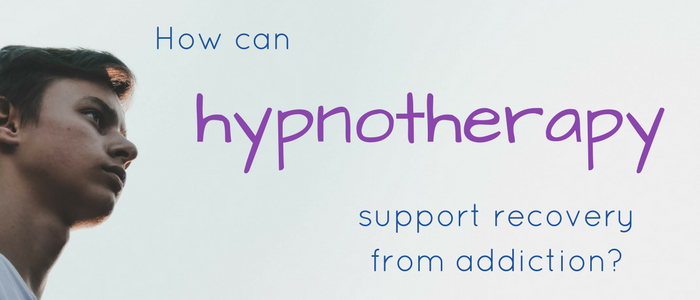
Money can already make for an uncomfortable conversation, but approaching the topic of gambling, and when you’re worried it has become a problem – that’s something else entirely.
If you’re worried about a friend or loved ones’ gambling, the first thing to remember is to broach the subject carefully. If they know it has become a problem, they may have been hiding it from you – they may feel ashamed and scared, so may become defensive if pushed.
Be sure not to start the conversation in a public place, surrounded by friends, and choose your words carefully. Speak somewhere private but comfortable, without judgement or blame.
Problem gambling: The signs to look out for
Problem gambling isn’t easy to detect, but there are some signs that indicate a habit has become something more serious. Common signs include:
- More irritable or anxious than normal.
- Borrowing money or selling belongings to pay for gambling.
- Spending less time with friends and family.
- Lost interest in activities and hobbies they previously enjoyed.
- Lying about their gambling or how much they are spending.
Starting the conversation…
Not all people will know they have a problem, and it’s common for those close to them to recognise when something has gone too far. The gambler may be convincing themselves that everything is fine, that it’s just a hobby, when really it’s doing more harm than they realise.
It is important to let them know that it’s because you care about them, and that’s why you are worried. As mentioned above, positive communication is much more helpful than being confrontational or critical. You want to care and help them, not judge them and risk pushing them further away.
Try talking about how you are feeling, rather than directing it all at them. Speaking in this way helps to lessen defences and keep the lines of communication open, for example:
“You’re my friend and I’m upset seeing you like this.”
“I love you and I don’t want you to be on your own. Talk to me about what’s going on.”
“I feel like you’re not happy right now and I’m worried, how can I help?”
While the above examples are helpful, be sure to speak to them in a natural way, like you normally would. Acting out of character can put someone on edge, so be as normal as possible to keep them relaxed and open. If they get upset or aggressive, end the conversation for now and consider returning to the topic another time.
Once you’ve started the conversation…
If they open up, make sure you listen. Be patient and listen to what they have to say – it’s likely it took a lot for them to start talking, so don’t respond straight away or interrupt.
Be calm and caring, but don’t hide your concern. They may still not understand the extent of the problem, so may make excuses. Keep them busy and away from triggering places, and if possible, avoid helping them out with money. We know you care, but this may make the problem worse.
Be there for them and let them know they can talk to you. Research treatment options like hypnotherapy or counselling, and support groups if you would like to, to help them take the first steps to recovery.
And don’t forget to look after yourself – it’s easy to be consumed by the concern for your loved one, but at the end of the day, they are the only ones who can truly overcome the problem, you just need to be there to support and hold their hand along the way.
